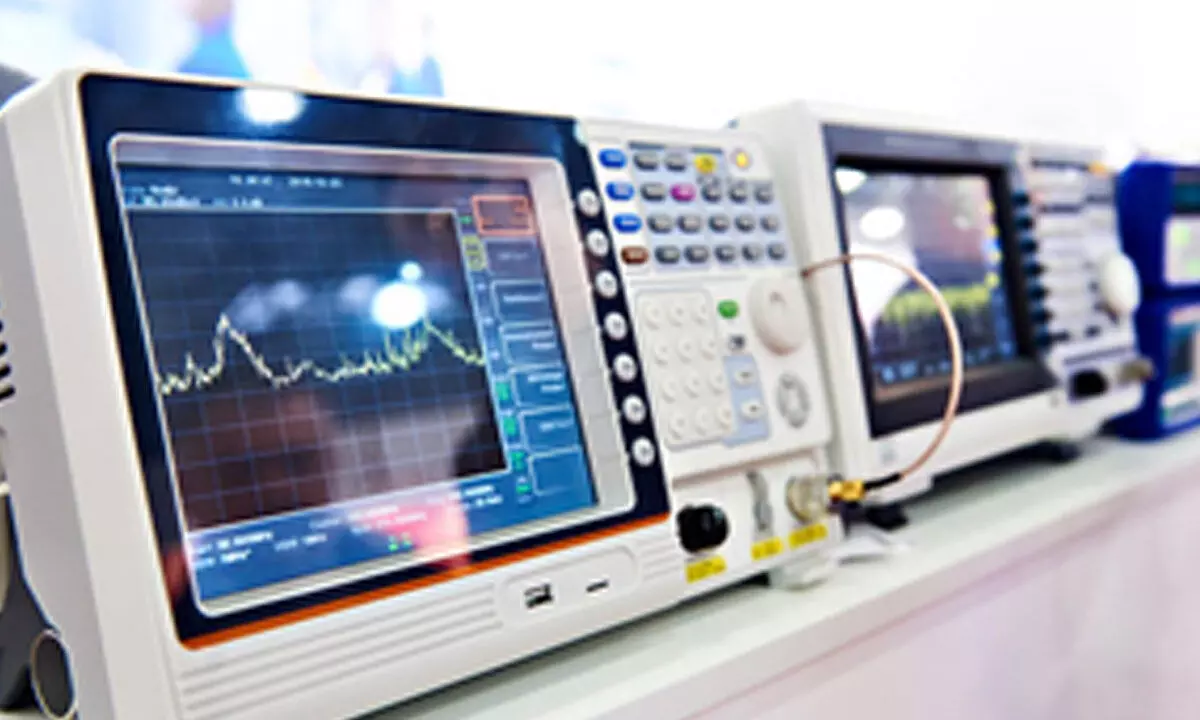Medical device cybersecurity market to grow $1.1 bn by 2027: Study
Share :

The market for cybersecurity in medical devices is expected to grow at a CAGR of 12.2 per cent by 2027 reaching $1.1 billion, according to a report on Thursday.
New Delhi: The market for cybersecurity in medical devices is expected to grow at a CAGR of 12.2 per cent by 2027 reaching $1.1 billion, according to a report on Thursday.
The rapid integration of new technology and digital health devices into healthcare systems has revolutionised patient care and diagnostic processes.
The increased reliance on these devices has also exposed the healthcare industry to cybersecurity threats. There are several cybersecurity challenges in the medical devices industry, including legacy devices and outdated software.
The vulnerabilities in medical devices pose significant risks, as they can compromise patient safety, privacy, and the overall integrity of healthcare systems, said the report by GlobalData, a data and analytics company.
Legacy devices are older medical devices that operate on outdated software, making them hard to update and ultimately vulnerable to cyberattacks.
Additionally, a key piece of cybersecurity is training healthcare professionals who are using the tools that are at risk. Healthcare professionals should be able to recognise cyberthreats so that action can be taken quickly, avoiding the potential detrimental outcomes of cyberattacks.
“The increasing number of digital health tools and the need for cybersecurity is important. However, as many digital health devices are interconnected, there is a larger attack surface, putting medical devices at higher risk of cyberattacks,” said Alexandra Murdoch, Senior Medical Analyst at GlobalData, in a statement.
According to the report, the growth is largely driven by the increasing connectivity and digital integration of medical devices, which makes them more susceptible for cyberattacks.
While cyberattacks are more likely with the adoption of digital health and connected devices, there are several strategies that can be employed to mitigate said risks.
“Manufacturers should ensure that their devices are compatible with regular software updates and patching to address vulnerabilities. Additionally, implementing encryption and authentication mechanisms can safeguard data transmitted between devices, and using network segmentation to isolate medical devices from other critical systems can limit the potential impact of cyberattacks,” Murdoch explained.
As medical devices advance, addressing cybersecurity concerns is necessary to ensure patient safety and to maintain the integrity of healthcare systems. Collaboration, awareness, and the adoption of robust cybersecurity measures are essential components of a comprehensive strategy to mitigate risks.
“By implementing these strategies, the medical device industry can work toward creating a more secure and resilient healthcare system,” Murdoch said.







